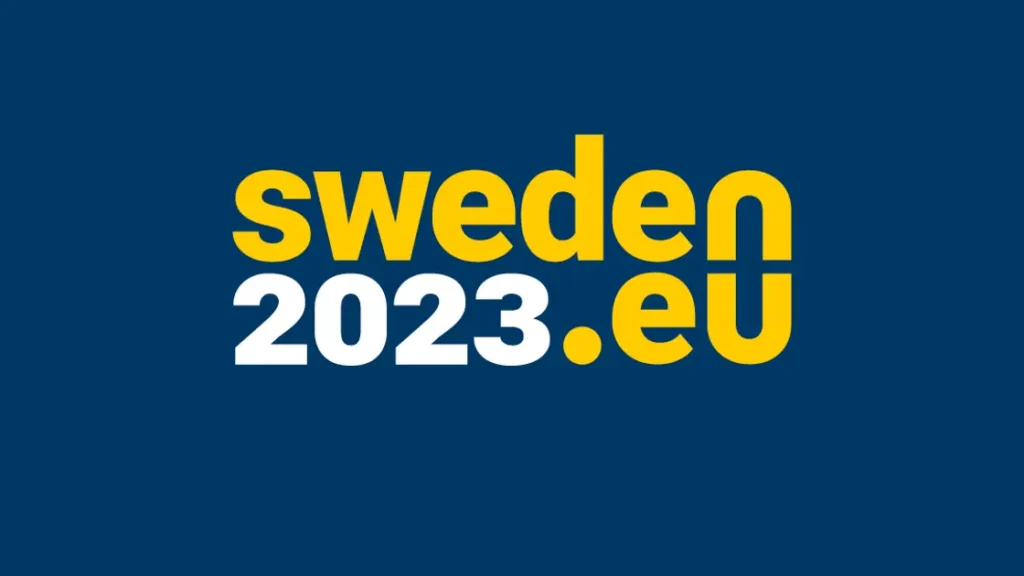Transparency all but falls off the Presidency agenda of openness-loving Sweden.
Transparency to the background
On 1 January, EU member state Sweden took over the Presidency of the EU Council.
While the country has a long tradition of advocating transparency within the context of the EU, its new Presidency programme is remarkably limited on references to transparency. The very term features only four times, of which only twice with reference to making government activities and decision-making processes more visible or accessible. In one case, this concerns enhancing transparency of political advertising, in relation to a pending Commission proposal to this end. In the other, to the enhancement of tax transparency. A dedicated page on the Presidency website pays lip service to the strong constitutional anchoring of transparency and openness in Sweden’s government model, but remains unlinked to any policy proposals.
Rather, the Swedish Presidency’s priorities go in other directions. Thus, the Swedish government wants to promote the Union’s security through unity, focus on competitiveness, help along the green and energy transitions, and protect the rule of law as a cornerstone of Union cooperation.
The public’s right of access to documents is mentioned nowhere at all.
A wider trend
Sweden’s decision to lean back on decision-making and policy transparency comes as something of a surprise in light of its longstanding commitment in this area. Only a year and half ago, at a conference dedicated to reflection on twenty years of the EU’s access to documents law (Regulation 1049/2001) co-organised by this blog, Sweden’s then Minister of Justice Johansson speculated on steps that could be achieved in this area during the upcoming Presidency.
Moreover, previous Swedish Presidencies (in 2001 and 2009) were heavily invested in the access to documents dossier, initially seeing through the inception of Regulation 1049/2001 in May 2001, after a long a difficult negotiation process; and attempting -fruitlessly- to align Parliament and Council positions on an update of the law in 2009.
However, in the meanwhile, a few important things have changed. Most obviously, upon entry into office, the Von der Leyen Commission soon decided to withdraw the legislative proposal for revision of Regulation 1049/2001 altogether, citing no progress over a period of around a decade as the reason. This would have made it all but impossible for the Swedes to table meaningful revisions for expansion, particularly since the German Presidency already passed a package of reforms for the enhancement of legislative transparency only quite recently (in 2020).
In addition, Sweden obtained a new government last year, which may lead the country to assume an EU policy outlook that is less idealistic and more ‘realist’, focusing on tangible national benefits such as the economy and regional security and stability.
This trend is more widely observable, with the Russian invasion of Ukraine radically rearranging the European policy agenda, placing democracy and rights questions to the second tier. This effect is visible in the Council’s standoffishness on treaty reform following the Conference on the Future of Europe, the ‘headache dossier’ of rule of law ingressions by Poland and Hungary, and the very lax response to signals of chronic fundamental rights infractions by the Union’s border agency Frontex and its national partners.
Not to be discounted just yet
The Swedish inactivity on the transparency theme thus bodes policy stasis in this area for the moment. Yet importantly, a number of access to documents court cases against the Council with potentially wide-ranging implications for internal decision-making procedures and manners have been under way since 2021. These include cases concerning the disclosure of legal advice on legislative acts, the use of informal, undisclosed documents as part of formal legislative procedures, and legal advice related to the revision of the Aarhus Regulation on environmental justice, participation, and transparency. With some of these pending cases potentially being ruled upon during the Swedish Presidency, ruptures in internal decision-making procedures may still await the Council’s rotating chair.





